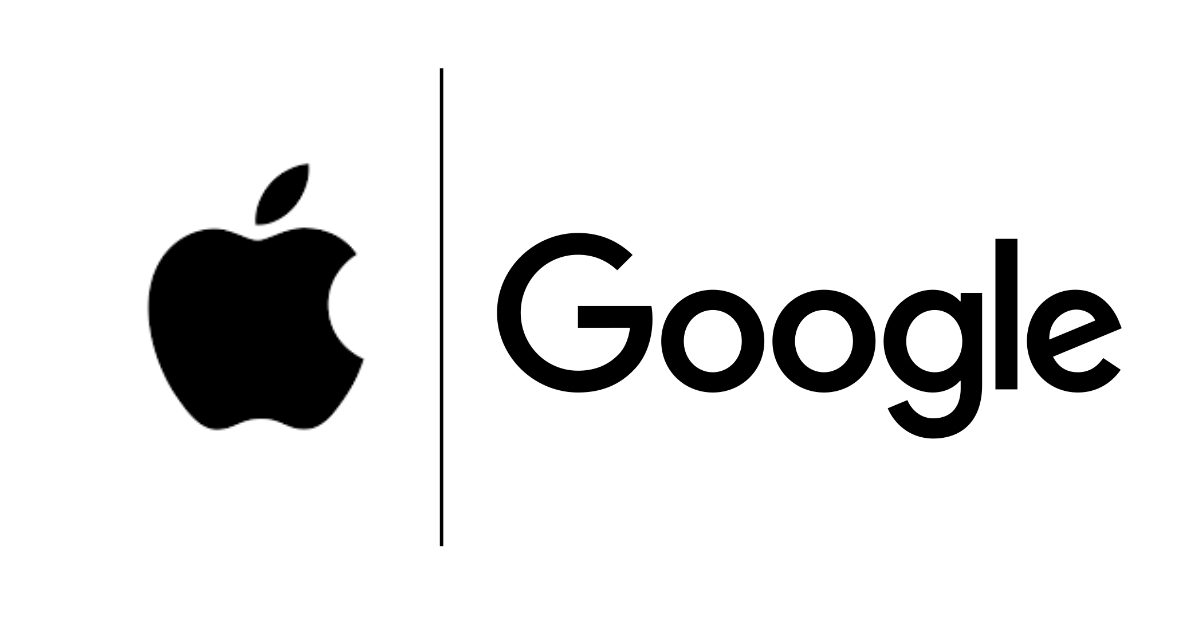As per an interim report by the Competition and Markets Authority (CMA) in the UK, Apple and Google’s duopoly limits competition and choice, because of the amount of control they have on mobile operating systems, app stores, and web browsers.
The report focuses on the ecosystems that Apple and Google have built around their mobile operating systems, including the selling of content, apps, and even the engines that power their web browsers. There is also mention of how Apple does not allow any other app store than its own, on its iOS devices, while Google’s apps and services are pre-installed on almost all Android devices.

Apple and Google duopoly in UK
The CMA also reports that customers are “missing out” on the full benefits of innovative new products and services, including cloud streaming for games and, web apps. Oddly, web apps are supported on iOS devices, so the inclusion does not seem to be entirely accurate. Web apps are actually easy to install on both iOS and Android, as they are done from the browser which does not even require the user to create an account.
CMA has also raised some issues like how Apple and Google should make it easier for users to switch between iOS and Android devices without losing any functionality or data. Interestingly, both iOS and Android already have comprehensive tools that help with migration.
The report also calls for allowing alternative methods of payment in apps for subscriptions and game credits, instead of just Apple or Google’s payment systems. Lastly, the report says that Apple and Google should make it easier for users to choose alternative browsers and other services. Again, both iOS and Android allow users to change their default browsers very easily now.
CMA’s report suggests that Apple and Google should meet the ‘Strategic Market Status’ (SMS) designation for their activities, which should force a competitive digital market, as per recent proposals by the government. If the proposals become law, the SMS status given to these companies will force them to follow regulations that should “prevent them from exploiting their powerful positions”.
In the meantime, the CMA has been investigating Apple’s App Store and Google’s Privacy Sandbox proposals over competition concerns. While both examine issues falling within the scope of this study, this work into mobile ecosystems is much broader. The CMA will adopt a joined-up approach across all these related cases, to ensure the best outcomes for customers and other businesses.
Until then, CMS will continue consultation on its initial findings until 7 February 2022.
The CMA is consulting on its initial findings and welcomes responses by 7 February 2022. It will be continuing with the second half of the study and expects to issue a final report in June 2022.
Read more:
- Federal judge rejects App Store monopoly claim in a 34-page ruling
- Polish regulator to investigate Apple’s App Tracking Transparency rules
- Apple granted a stay on Epic vs. Apple ruling, App Store payment guidelines can remain unchanged
- Apple takes Russian regulatory body to court over warning to allow third-party payment systems on App Store
- Legal filing indicates Apple will continue to collect commissions on in-app purchases made outside the App Store
- Apple seeks Ninth Circuit to stop App Store changes ordered in Epic Games case